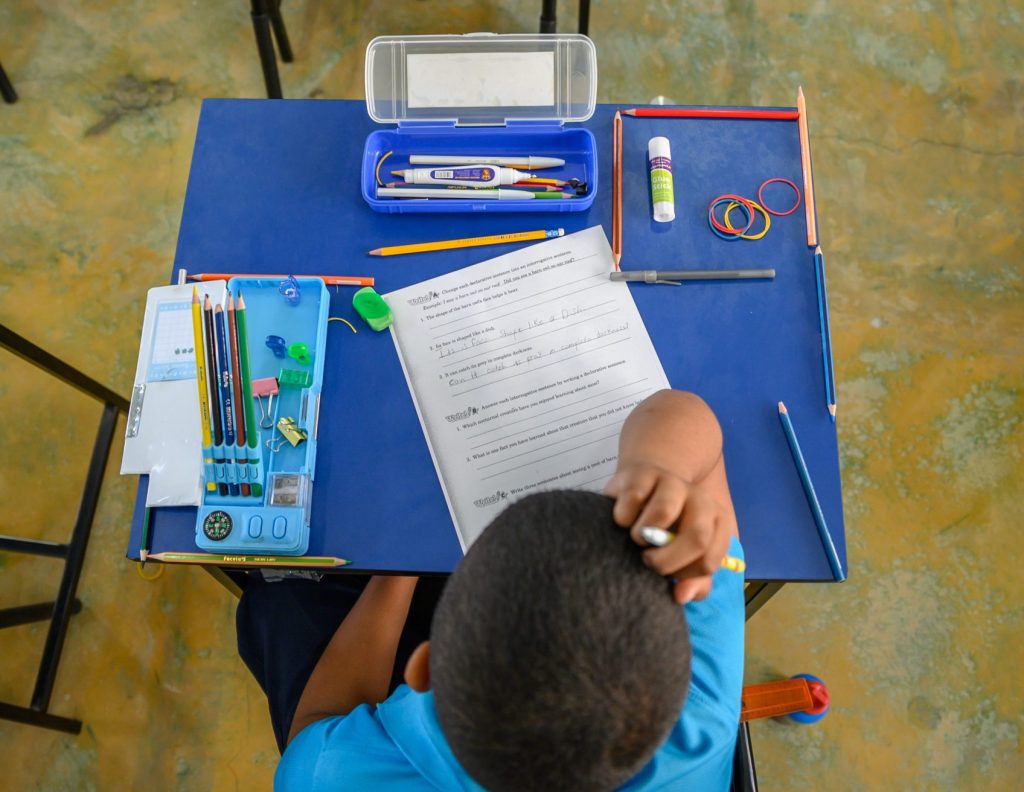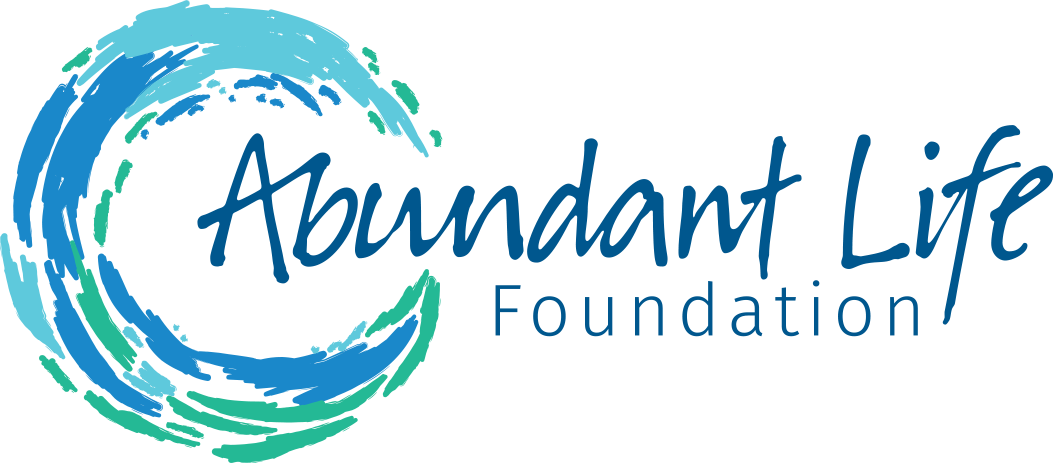Roatán is home to a vibrant community of schools, including 32 public primary and middle schools, 2 public high schools, and several private bilingual institutions, among others. Even in times of relative normalcy, many schools lack resources, funding, and qualified teachers. Now, because of Roatán’s lockdown measures, students haven’t seen their classrooms since mid-March. ALF solicited responses from teachers, parents, and students, to explore: what additional challenges do students and teachers face through the crisis?
COVID-19 Poses Barriers to Learning
Like teachers across the globe, educators on the Bay Islands are adapting as quickly as they can. One high school student described his experience using Zoom for teacher-led sessions and Edmodo, an online platform, for assignment and quiz submission. Most students, however, receive coursework via WhatsApp message and are expected to complete assignments in their own notebooks.

The WhatsApp messages include videos from the Honduran Ministry of Education, with content covering topics in the national curriculum. “These videos go to the Director at each education center,” says Yoni Alvarenga, Municipal Education Director for Roatán. “Teachers then provide videos and assignments to students with access to WhatsApp, and Max TV [a local station] transmits the videos every weekday from 9 to 11 AM.”
Unfortunately, he adds, many students lack access to cable and internet due to their economic situation: “Parents are worried about not having enough for their children to eat, much less being able to afford cable or Internet.”
An Emphasis on Resilience
Public and private school teachers alike consider internet access the most significant barrier to educating students remotely. “Students do not have personal computers or WiFi or the money to buy unlimited internet every week,” one teacher shared. “We are not allowed to obligate the students to turn in work,” she adds, “which we understand because there are legitimate limitations.” Teachers also cited other challenges including a lack of parent support, poor communication, and an inability to convey theoretical concepts without providing practical application.
Despite these barriers, teachers press on. Jessica Eatough, a teacher at the Solid Rock School, sees a silver lining. “Teachers are learning what is practical education and how to be there for the kids and parents on a whole different emotional level,” says the high school instructor. “We are sad to not be with our kids every day,” she adds, “but with the dedication of the parents, teachers, and students, these amazing kids are still learning.”
Moving Forward: The Future of Education in Roatán
The online classroom is new for many on Roatán, and COVID-19 has pushed teachers and learners to adapt to a new learning environment. Unfortunately, the crisis also underscores inequities between those who have access to technology and those who do not. When the state of emergency is lifted, the technology gap will remain.
The Abundant Life Foundation has always emphasized education within our core work. Today’s reality offers an opportunity for our team to improve our capacity for support, including in times of crisis. With additional donor funding, we hope to make crucial investments in education and technology infrastructure in the coming years. Are you passionate about education in Roatán? We’d love to hear from you!
To invest in education on the island, consider making a donation here. Administrative expenses are covered by private funding, meaning 100% of your contribution goes directly to initiatives on the island.
